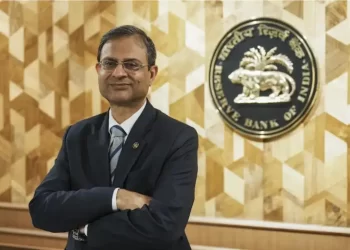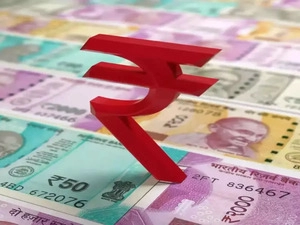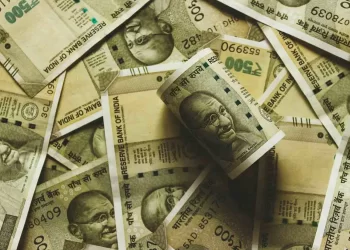On Tuesday, India’s central bank launched a digital currency pilot program, allowing select banks to use it to settle secondary-market transactions in government securities.
Banks traded Rs 275 crore ($33.3 million) in bonds on the first day of the new currency, according to Clearing Corp. of India Ltd. data. Nine participating banks completed 24 transactions totaling 1.4 billion rupees in 7.38 percent 2027 bonds, 23 transactions totaling 1.3 billion rupees in 7.26 percent 2032 bonds, and one transaction in 6.54 percent 2032 bonds.
The Reserve Bank of India announced on Monday that the e-rupee will be tested for retail use in a few locations within a month. The announcement comes as India intensifies its campaign against private digital currencies. Officials announced a new tax regime this year that decimated volumes on crypto exchanges.
The limited rollout comes just one day after Singapore’s monetary authority announced trials of a digital version of its local currency. China’s, the eurozone’s, the Bahamas’, and other central banks have been experimenting in the field. Many others are looking into ways to mitigate the threat that private digital currencies pose to financial stability.
The RBI previously stated in a concept note that central bank digital currencies “will provide users with the same experience of dealing in currency in digital form, without any risks associated with private cryptocurrencies.” These currencies will also protect consumers by “avoid[ing] the harmful social and economic consequences of private virtual currencies.”
State Bank of India, Bank of Baroda, Union Bank of India, HDFC Bank, ICICI Bank Ltd., Kotak Mahindra Bank, Yes Bank, IDFC First Bank, and the Indian unit of HSBC Holdings Plc are among the banks participating in the pilot.
Source:BS







 Finance
Finance




